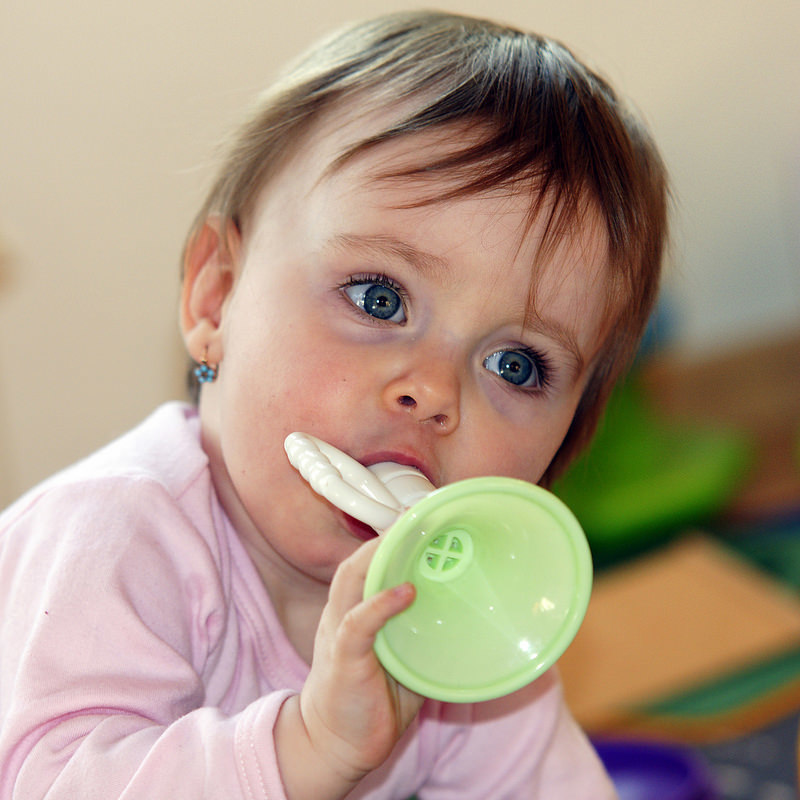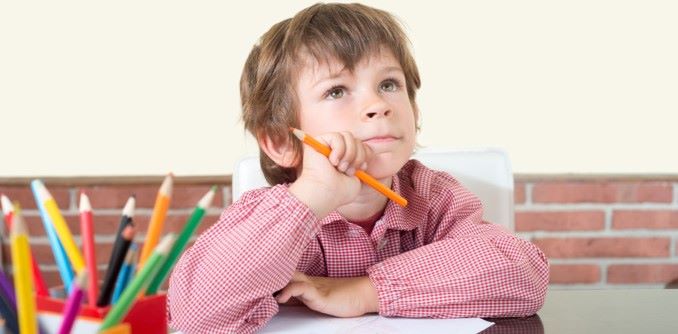Assessment |
Goal Setting |
Intervention |
|
A Speech Pathology communication assessment involves obtaining a detailed case history, parent interview and the use of formal and/or informal speech, language, sound awareness, play and/or social skill assessments and observations of the child's play and social interaction skills. Informal assessments such as obtaining a speech and language sample may also be used.
A feeding assessment also involves taking a detailed case history and assessing a baby or child's feeding skills while they are eating and drinking. The therapist will often ask parents to bring some of the child's favourite foods and some that are more challenging for them. |
Goal setting involves the therapist providing feedback on assessment results and in partnership with the parents determining what are the most important areas to focus on, determining strategies that will best work for the child and the family, supporting families to establish a daily practise routine and/or how to incorporate practice into everyday situations. Baseline and repeat measures are taken in order to track goal achievement.
All goals are written in partnership with parents. |
Therapy sessions are designed to focus on the goals that have been set in partnership with parents. A sessions focus may change depending on the families and child's needs at the time of each session. Most sessions will be done with a parent present so as to be able to coach a parent in how they can use therapy strategies in the child's everyday life to maximise their development and learning, thus achieving ImPACTing Therapy. Research shows that parents can learn to use these strategies just as well and can be just as effective as professionals, if not more so. If the child is at child care, preschool or school the therapist may do a child care visit or school visit to observe the child's communication and play skills in this environment and to work with the child's teacher in order to demonstrate and explain the therapy strategies being focused on with the child. At times therapy may occur at the child's school in close liaison with teacher's, school counsellors, learning support teachers and/or teacher aides.
|





